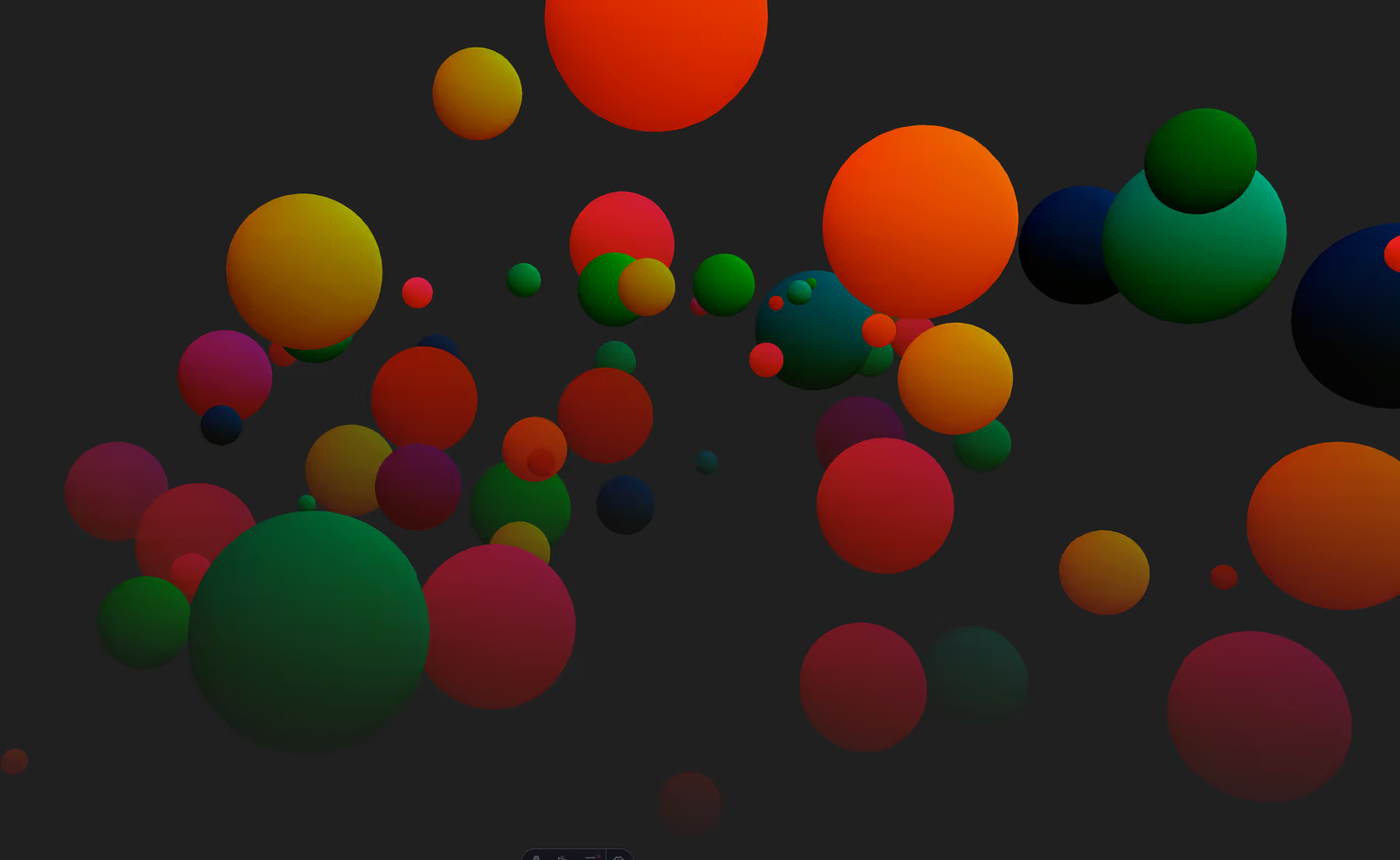The Great SEO Decoupling: Why Your Traffic Is Disappearing (And What To Do)
Something fundamental is changing in the world’s most used search engine. The organic traffic that used to feed millions of sites is evaporating—not due to a lack of quality, but because Google no longer needs your click.
This is what Edward Sturm calls “The Great SEO Decoupling”: a brutal disconnect between impressions and clicks. More people see your content on Google, but fewer and fewer click. Why? Google’s generative AI now answers inside the search results, using your content to remove the final step: visiting your site.
Google feeds on your content, but doesn’t send you traffic
With AI Overviews, Google has started generating answers using AI from the content it has indexed. These AI Overviews appear at the top of the SERP, pushing the classic blue links way down the scroll.
This new behavior mostly impacts informational queries. Questions like “What is a sales funnel?” or “How does an API work?” no longer require clicks. Google provides the answer in its own box—no website visit needed. The result: millions of pages lose traffic without an obvious explanation.
Edward Sturm shows this with data in his video analysis: educational, top-of-funnel SEO content is being eaten by AI. We’re witnessing the collapse of the traditional “blog post” strategy for driving ToFu traffic.
Transactional remains alive (for now)
Not all SEO is affected equally. Queries with clear intent—like “marketing agency in Madrid” or “best CRM for freelancers”—still generate clicks. Why? Because the user isn’t just looking to know, but to do. They want to buy, compare, or contact. AI hasn’t fully taken that ground yet.
This has pushed many marketers toward the bottom of the funnel. It’s no longer about massive volume, but qualified, action-oriented traffic. That’s a valid tactical response—but not a long-term strategy. If Google already consumed the top of the funnel, nothing stops it from replacing transactional steps tomorrow with a direct purchase flow inside search.
The answer: three strategic moves
If this “great decoupling” shows anything, it’s that you can’t depend on Google as your only channel. You need to diversify your visibility strategy. Enter what I call “Search Everywhere Optimization,” or SEO in its new dimension.
1. Optimize for AI platforms
ChatGPT, Perplexity, Claude, and Gemini are the new search engines. You need to appear in their answers. That means applying the keys to being cited by ChatGPT and other AI models.
2. Build experiences, not just content
While everyone else fights over the perfect keyword, you should be building calculators, simulators, and interactive tools—things AI cannot compress into a single text box. Audiences aren’t seeking more impersonal text; they’re seeking experiences.
3. Develop your own distribution ecosystem
Video, podcasts, newsletters, communities. Build owned channels where you have full control of the relationship with your audience. The real asset isn’t the “maybe” traffic—it’s the audience you intentionally build.
What we do at HAL149
At HAL149 we don’t bet on traffic that depends on Google’s mood. Our approach combines three fronts:
AI SEO / GEO: Optimization so you appear where your customers actually search: ChatGPT, Perplexity, Google AI. As I explain in my AI platforms API comparison, these tools already have web search capabilities and are changing the rules.
Custom applications: We build solutions that create unique experiences for your users—from scoring systems for AI positioning to lead management tools that turn attention into qualified customers.
Strategic consulting: We help you turn AI into your ultimate competitive advantage by combining strategic vision with practical implementation.
Crisis or disguised opportunity?
Yes, SEO is changing. But that’s not a crisis—it’s an opportunity. While others lose visibility without understanding why, you can build your own audience across the channels that really matter in 2025.
“The great decoupling” isn’t the end of digital marketing. It’s the end of one way of doing digital marketing. Those who adapt now will dominate the next decade.
Want us to audit your current strategy and help you navigate this shift? Let’s talk.

